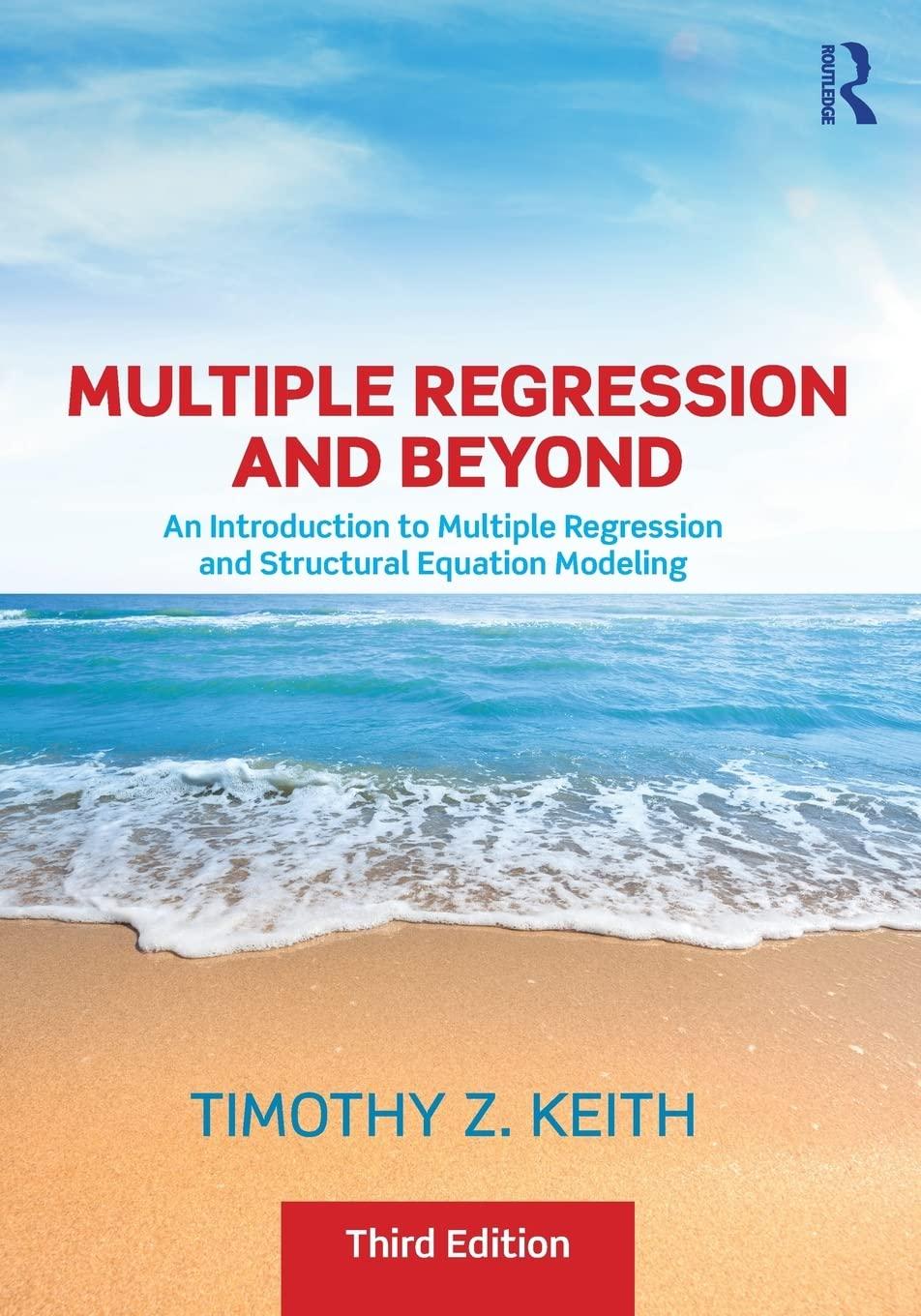Carter, Greenberg, and Walker (2017) reported a randomized control study investigating the effects of allowing versus prohibiting
Question:
Carter, Greenberg, and Walker (2017) reported a randomized control study investigating the effects of allowing versus prohibiting laptops and tablets in class on West Point students’
performance in an Economics class. The authors reported a lot of analyses and fascinating results. One interesting follow-up suggested that ACT scores (a college entrance exam) may moderate the effects of computer usage on final exam score. The file “Carter et al computers.sav” shows simulated data loosely designed to mirror this finding. Analyze the data using multiple regression and testing for an interaction between ACT and experimental treatment; also conduct needed follow-up analyses. What do your analyses show? Are laptops (and tablets) helpful or harmful? Do ACT scores predict Economics class performance? Are laptops equally helpful/harmful for well-prepared (based on ACT score) versus unprepared students? Focus on the final table of coefficients from your overall regression. Which line in the output shows the intercept for the laptop group?
Which line in the output shows the difference in intercept for the no-laptop group?
Step by Step Answer:







